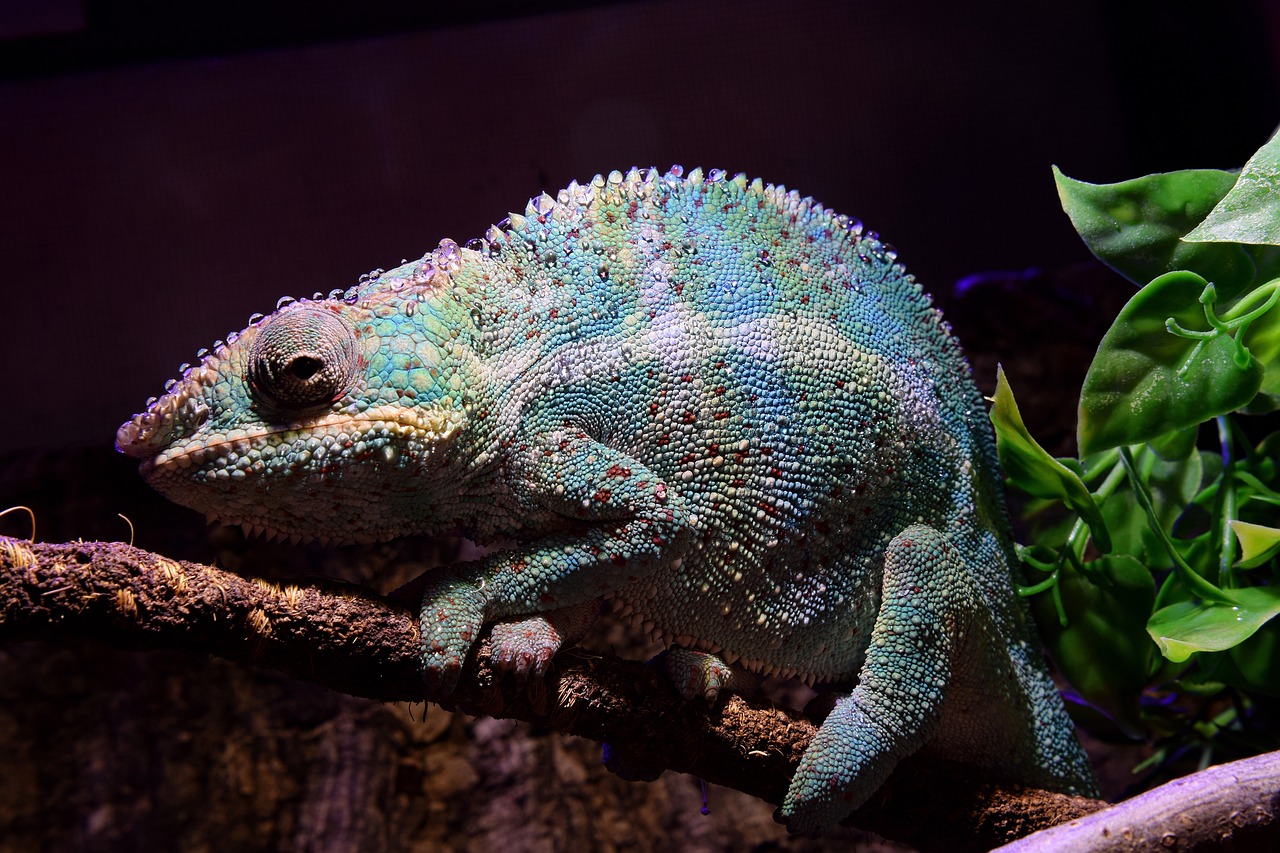Madagascar Video
Learning Madagascar Language: Quick Tips and Resources
Madagascar, an island nation located off the southeastern coast of Africa, is known for its unique culture and diverse wildlife. If you’re planning to visit or live in Madagascar, learning the local language can greatly enhance your experience and interactions with the local population. In this article, we will provide you with quick tips and resources to help you learn the Malagasy language effectively.
Introduction to Malagasy Language
Malagasy is the official language of Madagascar and is spoken by the majority of the population. It belongs to the Austronesian language family and is closely related to the Ma’anyan language spoken in Borneo. The Malagasy language is rich in vocabulary and has distinct dialects across different regions of the country.
Section 1: Basic Malagasy Phrases for Everyday Conversations
- Greeting: Salama: This is a common way to say hello in Malagasy.
- Thank you: Misaotra: Show your gratitude by using the word Misaotra.
- Excuse me: Azafady: Use Azafady to politely get someone’s attention or ask for permission.
Salama is a versatile greeting that can be used throughout the day, both as a hello and goodbye.
Whether someone has done you a favor or provided assistance, expressing thanks is important in Malagasy culture.
When you need to pass through a crowded area or want to ask a question, Azafady is a useful phrase to know.
Section 2: Malagasy Language Apps and Online Resources
- Duolingo: Duolingo offers a comprehensive course to learn Malagasy with interactive exercises and quizzes.
- Memrise: Memrise provides user-generated flashcards and mnemonic techniques to memorize Malagasy vocabulary.
- MalagasyPod101: MalagasyPod101 is a podcast-based language learning platform that covers various topics and language levels.
Available on both web and mobile platforms, Duolingo is a popular choice for language learners.
With a large community of learners, Memrise offers an engaging learning experience.
Whether you are a beginner or advanced learner, MalagasyPod101 has lessons tailored to your needs.
Section 3: Language Schools and Courses in Madagascar
- Alliance Française Antananarivo: Alliance Française offers Malagasy language courses for foreigners.
- Institute of Malagasy: The Institute of Malagasy, or Institut Malgache, is a renowned institution for learning the Malagasy language.
- Madagascar Language and Cultural Center: This center provides language courses along with cultural immersion experiences.
Located in the capital city of Antananarivo, this institution provides a structured learning environment.
They offer both intensive and regular courses to cater to different learning preferences.
By combining language learning with cultural activities, you can gain a deeper understanding of Malagasy culture.
Madagascar Image 1:

Section 4: Malagasy Language Exchange Programs
- Tandem Language Exchange: Tandem is an online platform that connects language learners for virtual language exchange.
- Meetup Language Exchange Groups: Check for language exchange groups in Madagascar through platforms like Meetup.
- Volunteer Programs: Joining volunteer programs in Madagascar can provide opportunities to immerse yourself in the local language.
You can find Malagasy speakers who are interested in learning your native language.
These groups organize regular meetups where you can practice speaking Malagasy with native speakers.
By working alongside locals, you can practice your Malagasy skills in real-life situations.
Section 5: Malagasy Language Books and Textbooks
- “Malagasy for Beginners” by Jean-Aimé Rakotoarisoa: This book offers a comprehensive introduction to the Malagasy language.
- “Malagasy-English, English-Malagasy Dictionary” by Steven Ratolojanahary: A bilingual dictionary that helps you understand and translate between Malagasy and English.
- “A Practical Introduction to Malagasy” by John E. Joseph: This textbook provides a detailed study of the Malagasy language, including its grammar and syntax.
It covers basic grammar, vocabulary, and useful phrases for everyday conversations.
It includes common words, phrases, and idiomatic expressions.
It is suitable for learners who want to delve deeper into the structure of the language.
Madagascar Image 2:

Section 6: Language Immersion Programs in Madagascar
- Madagascar Language Immersion: This program offers immersive language learning experiences in various locations across Madagascar.
- Madagascar Cultural Immersion: Combine language learning with cultural activities through this program.
- Study Abroad Programs: Many universities offer study abroad programs in Madagascar that include language courses.
Participants live with local families and receive intensive language instruction.
You can explore the rich culture of Madagascar while improving your language skills.
These programs allow you to experience the Malagasy language and culture firsthand.
Section 7: Language Learning Websites and Blogs
- Transparent Language: Transparent Language provides online Malagasy courses with interactive lessons and exercises.
- FluentU: FluentU offers authentic Malagasy videos with interactive subtitles and language learning exercises.
- Madagascar Language Resources: This website offers a collection of resources for learning the Malagasy language.
Their blog also offers language tips and cultural insights.
It’s a great resource for improving your listening and comprehension skills.
It includes grammar guides, vocabulary lists, and audio recordings.
Madagascar Image 3:

Section 8: Language Exchange Apps and Websites
- Speaky: Speaky is a language exchange app where you can find Malagasy speakers to practice with.
- ConversationExchange: This website allows you to find language exchange partners interested in learning Malagasy.
- InterPals: InterPals is a platform that connects language learners from around the world.
Connect with native speakers through voice calls, video chats, and text messages.
You can connect with them through email, text chat, or video chat.
Find Malagasy speakers and engage in language exchange activities.
Section 9: Language Meetups and Language Cafes
- Malagasy Language Meetup: Check for Malagasy language meetups in your local area or in Madagascar if you’re already there.
- Language Cafes: Some cafes or cultural centers in Madagascar may organize language exchange events.
- University Language Clubs: If you’re a student, check if your university has a language club or group dedicated to learning Malagasy.
These events provide opportunities to practice speaking Malagasy with native speakers.
Join these gatherings to meet fellow language enthusiasts and improve your Malagasy skills.
Joining these clubs can help you practice with fellow students.
Section 10: Language Learning Podcasts
- Malagasy Lessons: This podcast offers audio lessons to help you learn the Malagasy language.
- Malagasy Language Podcast: This podcast focuses on teaching the Malagasy language through conversations and vocabulary lessons.
- Survival Phrases: This podcast provides essential phrases and expressions for everyday situations in Malagasy.
It covers various topics and provides explanations and examples.
It’s a great resource for improving your listening and speaking skills.
You can learn practical language skills that will be useful during your stay in Madagascar.
Section 11: Language Learning Videos
- Madagascar Language Lessons: This YouTube channel offers video lessons for learning the Malagasy language.
- Malagasy Vocabulary: Another YouTube channel that focuses on teaching Malagasy vocabulary through visual aids and examples.
- Learn Malagasy: This YouTube playlist provides a series of videos that cover different aspects of the Malagasy language.
It covers various topics, including greetings, numbers, and basic phrases.
It’s a helpful resource for expanding your vocabulary.
From pronunciation to grammar, you can find comprehensive lessons to improve your language skills.
Section 12: Language Practice with Native Speakers
- Hire a Language Tutor: Consider hiring a Malagasy language tutor for personalized lessons and practice sessions.
- Join Online Language Exchange Communities: There are various online communities where you can connect with Malagasy speakers for language practice.
- Visit Language Exchange Events: Look for language exchange events or cultural gatherings in your local area or in Madagascar.
A tutor can provide valuable guidance and correct your pronunciation and grammar.
These platforms allow you to have conversations through voice or video calls.
These events provide opportunities to interact with native Malagasy speakers and practice your language skills.
Conclusion
Learning the Malagasy language opens doors to understanding the culture and people of Madagascar on a deeper level. Whether you choose to use language learning apps, attend language schools, or immerse yourself in the language through exchange programs, the resources and tips provided in this article will help you in your journey to learn Malagasy. Practice regularly and embrace the opportunity to communicate with native speakers to enhance your language skills further.
References
– Alliance Française Antananarivo: www.alliancefr.mg
– Institute of Malagasy: www.institutmalgache.com
– Madagascar Language and Cultural Center: www.madagascarlanguagecenter.com
– Transparent Language: www.transparent.com
– FluentU: www.fluentu.com
– Madagascar Language Resources: www.madagascardictionary.com


